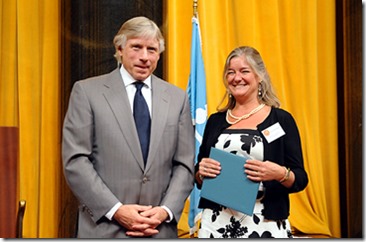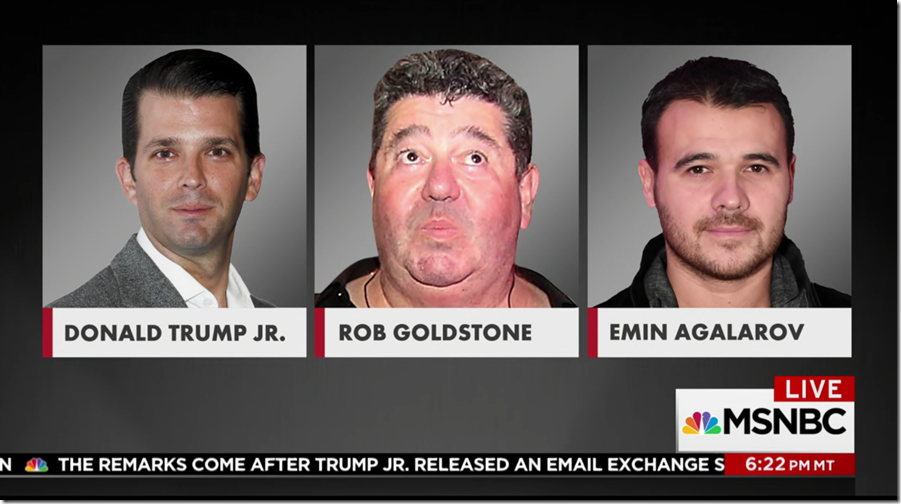This Reporter Wants To Get Into Your Bedroom
As readers of this blog know, I worked at ABC News and CNN before launching Phillips Media Relations, my media and presentation training firm, in 2004.
I still have many friends who work in news, and some have commented to me that media trainers make their lives more difficult. They’re right, of course—without media trainers, inexperienced (and even many experienced) spokespersons would be much more likely to blurt out anything that comes to their mind, no matter how damaging those comments might be.
That’s bad for spokespersons, but it’s great for journalists seeking exciting copy.
But what those same journalists are less likely to acknowledge is that experienced journalists often hold the vast majority of the power when interviewing a person without much media experience. As an example, watch this video interview with Lane DeGregory, a Pulitzer Prize winning journalist with The Tampa Bay Times.
Based on watching this video, I have little doubt that Ms. DeGregory is an honest, thoughtful and sensitive journalist. But she’s also an experienced reporter who uses tricks of the trade to get people to say things they otherwise wouldn’t.
Ms. DeGregory uses those skills to elicit information from otherwise reluctant spokespersons and write excellent feature stories, such as the painful “The Girl In The Window.” But some other reporters use similar strategies for more nefarious—or at least “gotcha”—purposes. And that’s where media training can help even out the balance of power between an experienced scribe and an inexperienced interview subject.

Lee C. Bollinger, President of Columbia University, presents the 2009 Feature Writing prize to Lane DeGregory.
Like many investigative or feature journalists, Ms. DeGregory uses common ground to get people talking. In her case, she discusses “dogs, kids, and cars” to find shared experiences.
But it was her final point that I’ve never heard before; she wants to interview subjects in their bedrooms. From the standpoint of getting targets of features to talk, her approach makes a lot of sense. In business or political situations, of course, few reporters would invite themselves into your bedroom for an interview (not without landing on the front page of a tabloid, anyway), but they might look for similar ways to put you at ease. “Going to lunch” is a notorious favorite, especially when the spokesperson has a few drinks that loosen their lips.
The next time you hear a journalist complain that media training tilts the balance of power too far in the spokesperson’s direction, you might acknowledge that that’s occasionally true—but remind them that the imbalance often runs the other direction, as well.
Seriously, why haven’t you signed up to have the best of the blog delivered to your inbox twice per month yet? Enter your email address in the box below to join our mailing list.



Brad – interesting topic here. Having been in both roles as well, I agree that media training helps balance the power — somewhat. Journalists generally don’t appreciate the level of power they actually hold. I would also argue that for the vast majority of journalists on deadline (whether TV print or web), media training helps both sides do their jobs better. Of course, different set of considerations for the long-form print journalist sniffing out a feature story, but they’re usually not looking for the same types of sources. Another thing, when the egos are big enough, no amount of media training stops anyone from saying what’s really on their minds. Just about every one of your monthly disaster videos is proof of that!